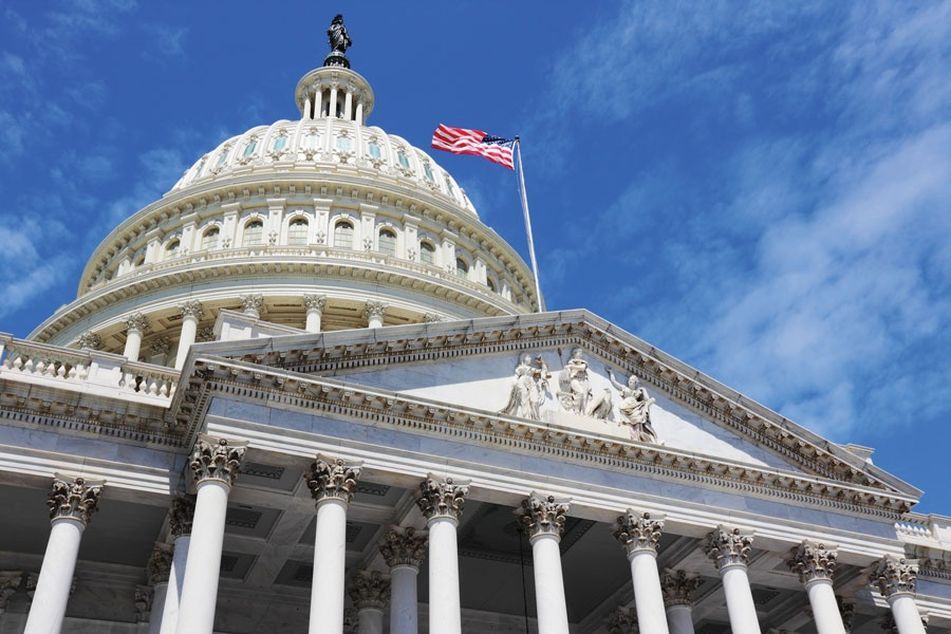House passes SECURE retirement bill with massive bipartisan support

The measure allows small employers to band together to offer plans and raises the RMD age. Another provision eases use of annuities in 401(k)s, which critics say goes too far
The House of Representatives passed a sweeping retirement bill Thursday that makes it easier for small businesses to offer a workplace retirement plan, eases use of annuities in 401(k)s and raises the required minimum distribution age, among other changes.
The Setting Every Community Up for Retirement Enhancement Act, passed the House on a 417-3 vote and now heads to the Senate, where it is expected to pass by the end of the current legislative session. If the bill becomes law, it would represent the largest overhaul to retirement plans in over a decade.
“This is the most significant thing Congress has done on retirement security since the Pension Protection Act of 2006,” said Aron Szapiro, director of policy research at Morningstar Inc.
The SECURE Act focuses on the sustainability and adequacy of defined-contribution plans in the U.S., Mr. Szapiro said, seeking to ensure more Americans have the ability to save for retirement in the workplace and don’t outlive their savings.
The bill would establish open multiple employer plans, which let small employers band together to offer a common 401(k) plan to workers. Proponents believe this will reduce cost and ease fiduciary liability for small employers, in turn increasing the number of employers that offer a retirement plan.
“We’ve recognized for some time that there’s a black hole for retirement savings opportunity [in the U.S.],” said Rep. Ron Kind, D-Wisc.
The bill also seeks to increase the number of 401(k) plan sponsors that offer annuities as an investment option, by reframing the current annuity safe harbor under the Employee Retirement Income Security Act of 1974. And the legislation would offer tax incentives to encourage plans to adopt automatic enrollment and auto-escalation of contributions.
In addition, the measure would raise the age at which seniors are required to take minimum distributions from retirement accounts to age 72 from 70½, and require disclosures illustrating how a participant’s 401(k) account balance would translate into a future income stream.
A similar bill in the Senate, the Retirement Enhancement and Savings Act, contains many of the same provisions as the SECURE Act. Lawmakers were close to pushing retirement savings legislation through Congress during the lame-duck session at the end of last year, but failed due to “a couple of hiccups,” Rep. Kind said.
ANNUITY PROVISION
Just 9% of 401(k) plan sponsors currently offer an in-plan annuity. Experts partly attribute low uptake to the existing annuity safe harbor, which is worded in a way that leads plan sponsors to believe they could be on the hook for an insurer’s potential insolvency decades down the road.
The updated language would cover the selection of a provider with a “clean bill of health” from state insurance regulators, Mr. Szapiro said.
Investor advocates are concerned the safe harbor is too broad and could negatively impact 401(k) savers.
Rather than streamline annuity selection only for those plan sponsors that select a financially strong insurance provider, the new safe harbor would essentially “throw it open to anyone,” exposing 401(k) savers and plans to more risk, said Barbara Roper, director of investor protection at the Consumer Federation of America.
Further, current ambiguous language in the SECURE Act suggests that the safe harbor extends to the selection of specific annuity products in addition to the annuity provider — meaning plan sponsors wouldn’t have to consider details like price when deciding which product to offer, Ms. Roper said.
“The [insurance] industry will seek to take advantage of any ambiguity,” she said.
Learn more about reprints and licensing for this article.








